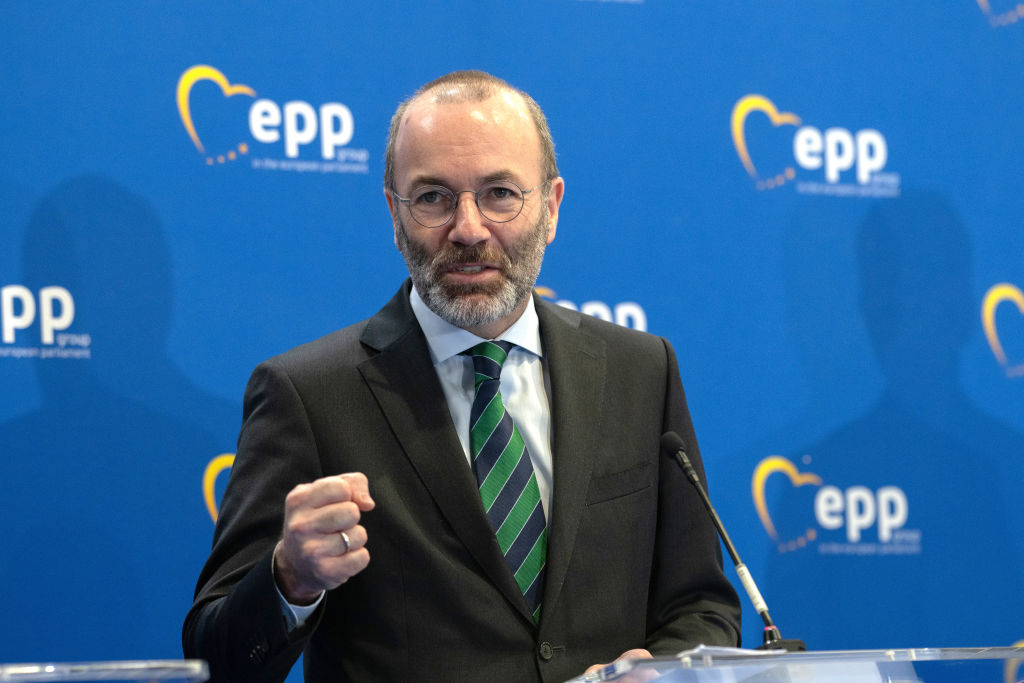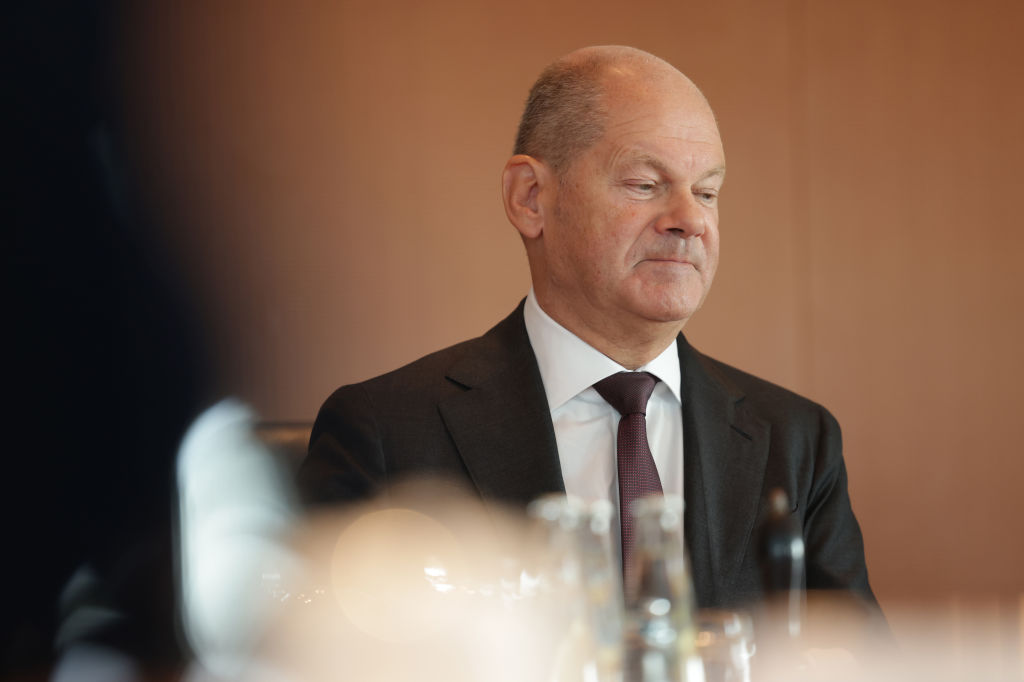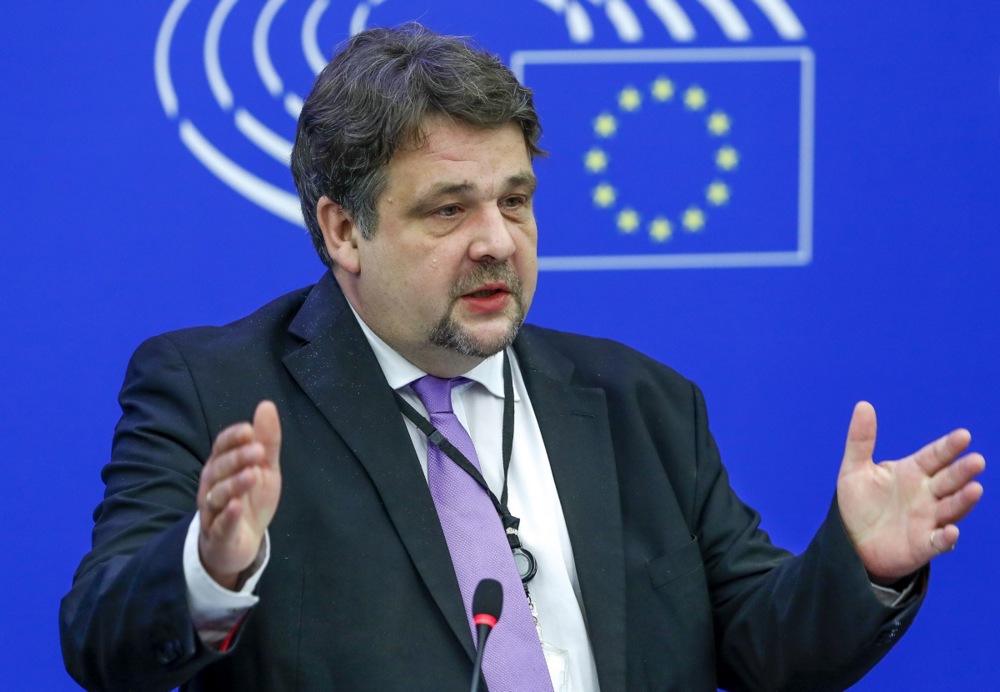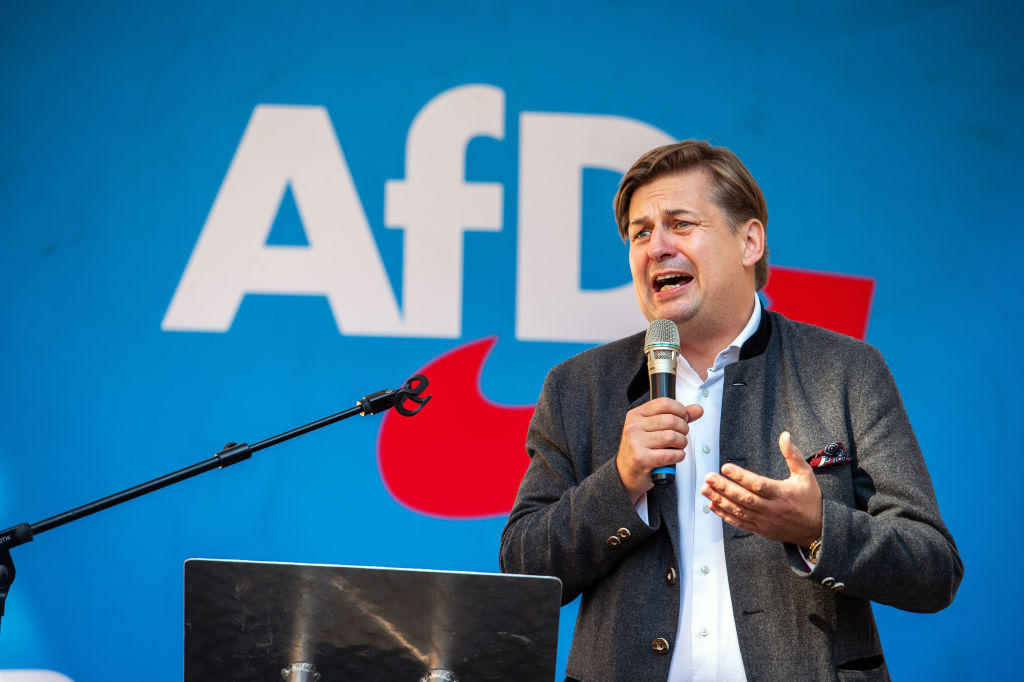Germany’s progressive-left government has imploded over issues to do with the country’s failing economy, with a snap federal election now expected to take place early next year.
The “traffic-light” alliance of the Social Democratic Party (SPD), Greens and the Free Democratic Party (FDP) had been teetering for months, with the latter of the three’s more Liberal-leaning economic policy causing friction in the Bundestag.
A recent scandal surrounding the alleged leaking of a tax-policy document by the FDP proved to be the final straw, with Chancellor Olaf Scholz firing FDP leader Christian Lindner from his position as Minister for Finance late on November 6.
The SPD politician has subsequently confirmed that he will call for a motion of confidence in the government in January, a move that is almost certain to dissolve the Bundestag and result in snap elections.
The crisis has been met with fury from the FDP. Lindner accused Scholz of having “calculated” the whole affair.
“Olaf Scholz was no longer interested in an agreement that was viable for everyone, but rather in a calculated break with this coalition. In doing so, he is leading Germany into a phase of uncertainty,” Lindner claimed.
He accused Scholz of pressuring him to “break” his “oath of office”, saying that the Chancellor pressured him to suspend Germany’s debt brake so the country could take out more loans, something he refused to do.
“Scholz has long played down the economic concerns of citizens,” he said.
“His counter-proposals are dull, unambitious and make no contribution to overcoming the fundamental weakness of growth in our country.”
COMMENT: Christian Lindner’s bold demands mark the Free Democrats' break from a stifling coalition. Will their pro-business, anti-regulation push save them from political irrelevance in Germany? asks Karl Pfefferkorn. https://t.co/7WyC4e8Ncm
— Brussels Signal (@brusselssignal) November 4, 2024
The collapse of the government has prompted political chaos in Germany, with opposition leaders the Christian Democrats calling for national elections to be held immediately.
“The traffic-light coalition is history. There is no time to waste now,” senior Christian Social Union of Bavaria politician Markus Soder said following the news.
“There must be no tactical delays.”
FDP politicians have reacted with fury, with senior figure Marie-Agnes Strack-Zimmermann blasting Scholz’s claim that Lindner was getting in the way of the country giving more support to Ukraine.
“Scholz is telling a lie in particular about support for Ukraine,” the former MP, who now serves as an MEP, wrote online.
“He has once again vehemently rejected the delivery of Taurus [missiles], as well as the strategic attack on Russian military targets for self-defence, he was not in favour of any appropriately greater necessary support for Ukraine and brusquely rejected NATO’s rapprochement with Ukraine.
“To now blame the FDP and Christian Lindner for the inadequate support for Ukraine is beyond absurd and hardly credible,” she added.
Populists in the country have reacted with jubilation.
“The end of the traffic-light coalition is a liberation for our country,” the leaders of Alternative for Germany, Tino Chrupalla and Alice Weidel, said in a joint statement.
“The end of the self-proclaimed ‘progressive coalition’, which has led Germany to the economic abyss in great strides, was more than overdue.
“After months of standstill and countless self-centered therapy sessions, we now need a fundamental political new beginning to lead the economy and the entire country out of the serious crisis into which it has fallen due to the ideology-driven policies of the SPD, Greens and FDP,” they concluded, before asking Scholz to immediately call for a vote of confidence in the government.
Sahra Wagenknecht, head of the Sahra Wagenknecht Alliance (BSW), lashed out at Scholz for his suggestion that the vote to dissolve the government would only happen in January.
“The Chancellor’s timetable is a political delay in bankruptcy,” she said, adding that the SPD leader now needed to “apologise to the people for the last three years” of his government.
Both the AfD and BSW appeared well-placed for a coming election.
If polling is correct, the AfD will likely end up as the second-largest party in the country — second only to the Christian Democrats.
The BSW looks set to hoover up much of the country’s left-wing vote, likely at the expense of the more traditional The Left party — which may struggle to meet the 5 per cent national vote quota to be allowed into the Bundestag.
Christian Democrats in Germany have launched a bid to rescue what remains of the country’s nuclear power sector after attempts by the Greens to eradicate the technology. https://t.co/c6UCYEzoVV
— Brussels Signal (@brusselssignal) November 5, 2024





